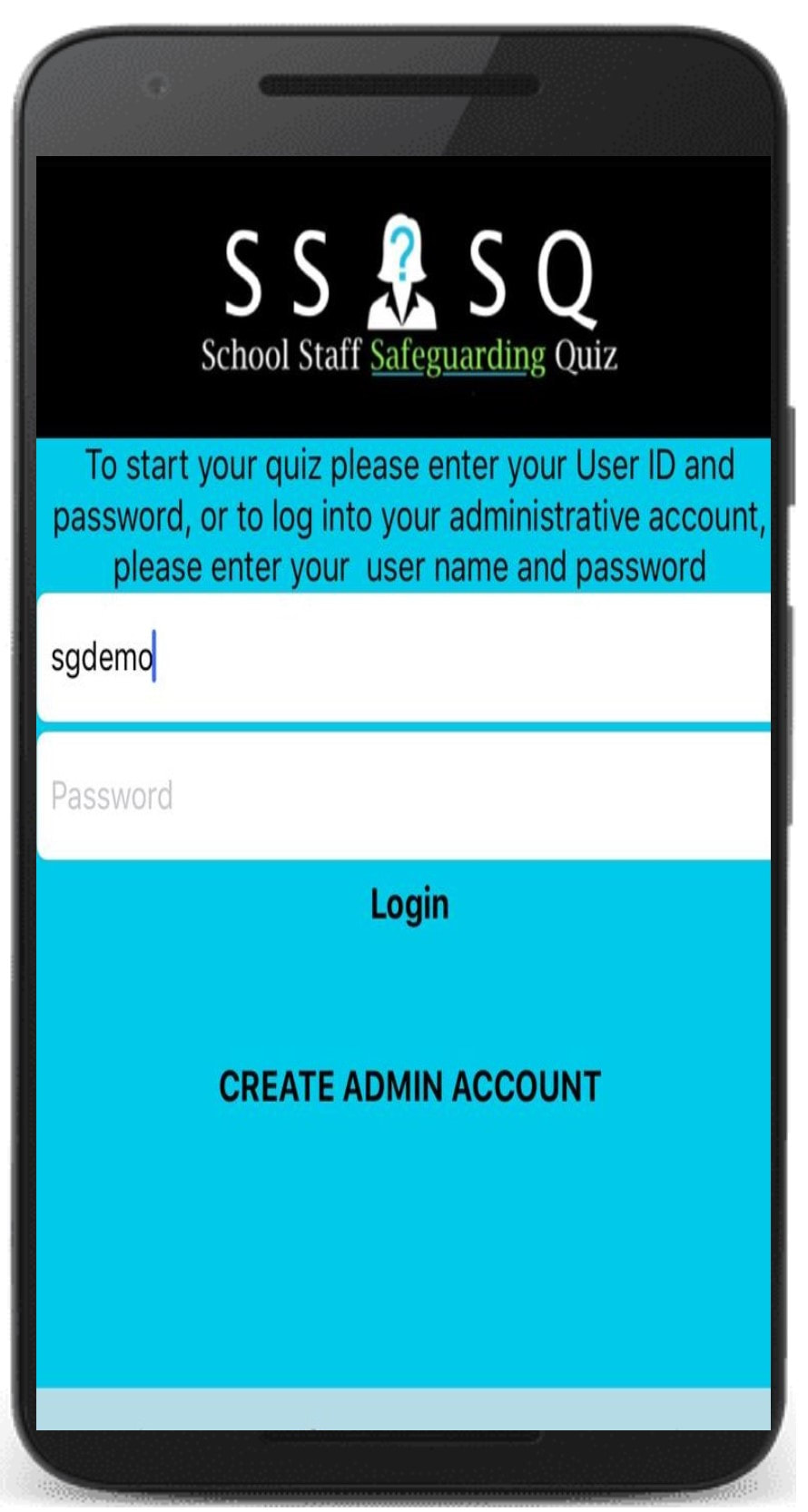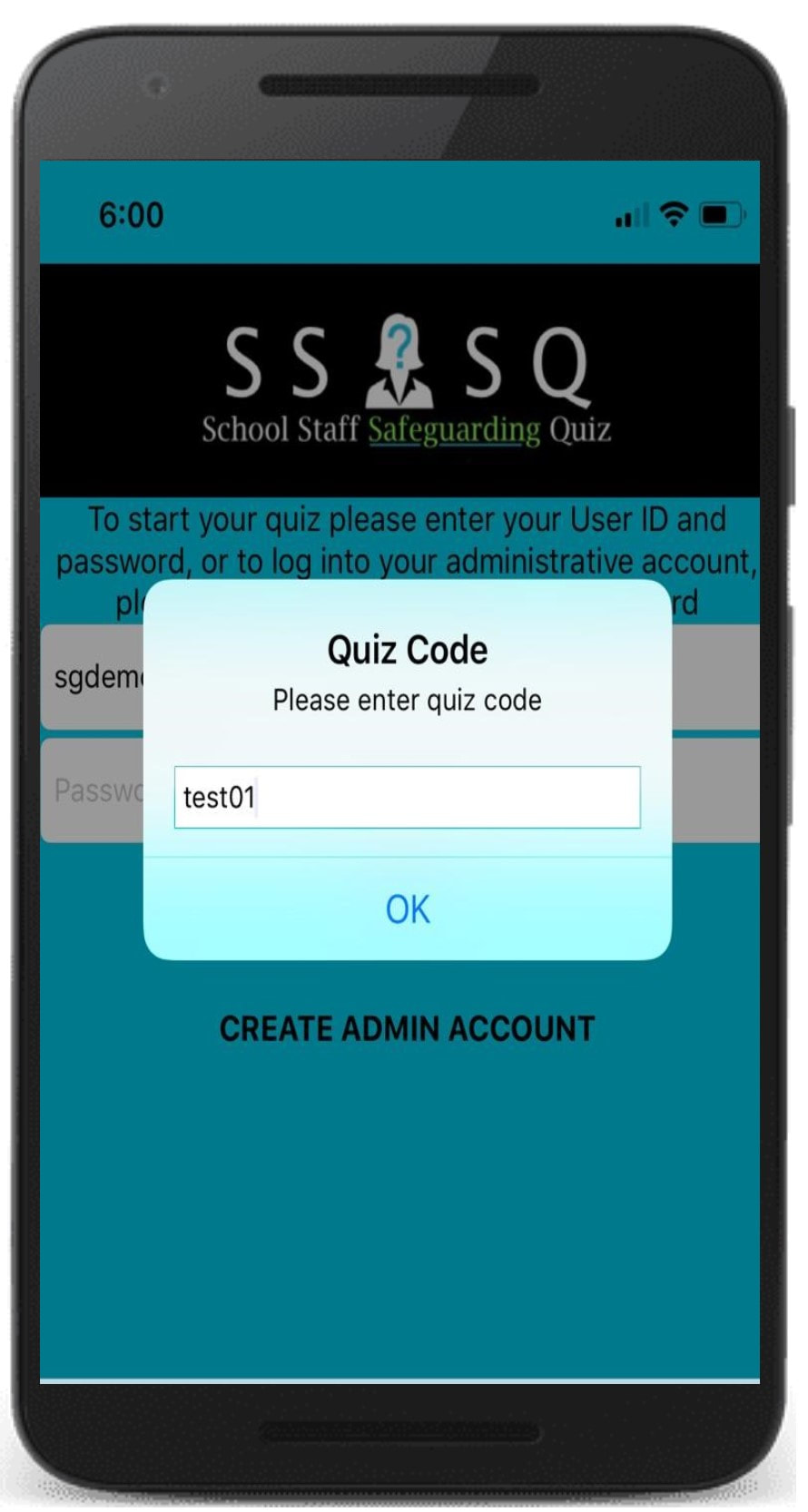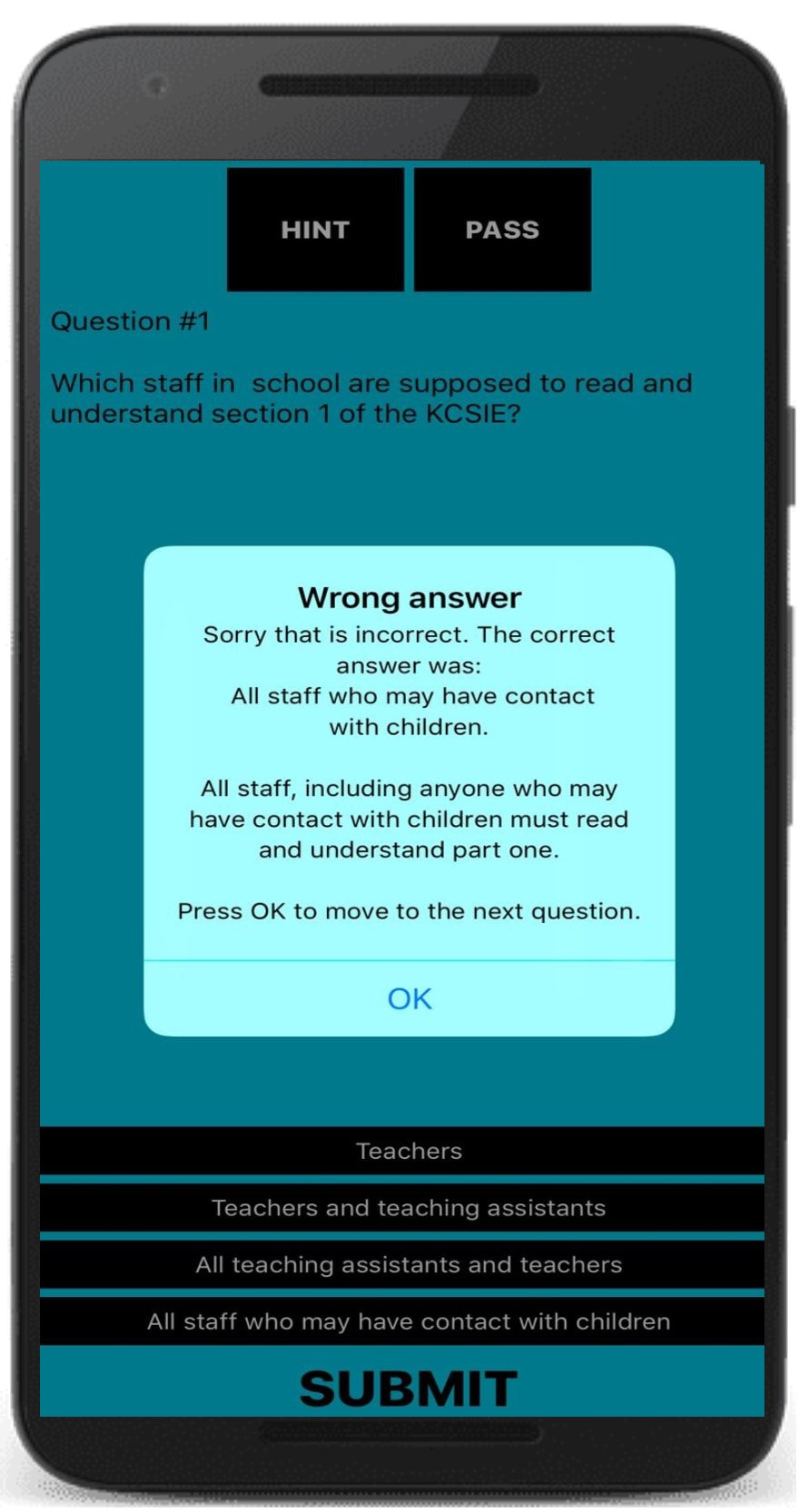|
This is a quiz for all staff that will test their knowledge of a range of safeguarding aspects. A good starter to establish training needs.
|
|
A free quiz that gives a sample of all of our quizzes. A useful tool for a leader to understand the range of questions.
|
|
A sample quiz of the changes in safeguarding due to the 2018 and 2019 Keeping Children Safe in Education documents. This allows you to sample over third of the quiz. This is a quiz that draws attention to the changes in a fun way. Some questions will require reference to a copy of the KCSIE, so knowledge will improve. Licences will enable full access.
|
|
CEOP, KCSIE, CME, DSL, LADO - no wonder we get ourselves confused. A free quiz - ideal for newer staff, students, NQTS and governors.
|
|
All you ever wanted to know about part one of Keeping Children Safe in Education. A free quiz that allows you to review over a third of the quiz. Very useful for all staff as it covers all aspects of part one in detail. Licences enable full access.
|
|
Annex A is further information to back up part one of KCSIE. It is recommended that staff should have an awareness of Annex A to develop their knowledge. This is a free quiz that allows you to sample a third of the quiz. A licence offers full access to this quiz.
|
|
What does OFSTED look for, in relation to safeguarding? A totally free quiz for you to consider and learn about the key messages you need to to know for an OFSTED.
|
QuizzesThere are currently a growing number of different types of quizzes:
1. A general safeguarding quiz for all staff - this is FREE 2. A quiz for governors checking their awareness of their role 3. A check for leaders with a focus on recruitment and leadership 4. An admin quiz for areas around the single central record and safer recruitment 5. An enhanced admin quiz for more in depth knowledge for office leaders 6. A focus on the new changes for staff in the Keeping Children Safe in Education document 2018 and 2019.. This is a FREE demo. The full quiz is also available. 7. A focus for leaders on the changes in 2018 and 2019. 8. A FREE taster quiz, that gives you ideas of what the other quizzes cover. 9. A FREE acronym quiz to help everyone remember what all the acronyms used stand for! 10 and 11. Two quizzes to help guide inexperienced teachers, NQTs or students with the basics of safeguarding. 12. Online safety implications for leaders. 13. A general quiz for staff on online safety, including newly qualified or student teachers. 14. Part one of 'Keeping Children Safe in Education' is reviewed and this is a FREE demo. The full quiz is also available. 15. Annex A of 'Keeping Children Safe in Education' is a follow up to Part one and it is recommended that staff should read and understand Annex A. This quiz helps reinforce that knowledge. See more information on the quizzes here! |
Analytical Tool
|
We Promise You the Best.
UPDATES AND ACCURACY.
Whilst we do our best to ensure all of the quizzes contain the latest information and reflect the latest requirements, we cannot guarantee every question being up to date. Please do contact us via the contact page if you spot an out of date answer or question.
Guidance and best practice changes regularly from numerous sources - MC Education updates the quizzes as soon as these changes are noticed.
MC Education takes no responsibility if an answer is incorrect or can be interpreted misleadingly.
Safeguarding practice must always be thoroughly monitored and reviewed on a regular basis in school to ensure compliance. Quizzes can identify gaps, but successful quizzes do not mean practice is safe.
Whilst we do our best to ensure all of the quizzes contain the latest information and reflect the latest requirements, we cannot guarantee every question being up to date. Please do contact us via the contact page if you spot an out of date answer or question.
Guidance and best practice changes regularly from numerous sources - MC Education updates the quizzes as soon as these changes are noticed.
MC Education takes no responsibility if an answer is incorrect or can be interpreted misleadingly.
Safeguarding practice must always be thoroughly monitored and reviewed on a regular basis in school to ensure compliance. Quizzes can identify gaps, but successful quizzes do not mean practice is safe.






